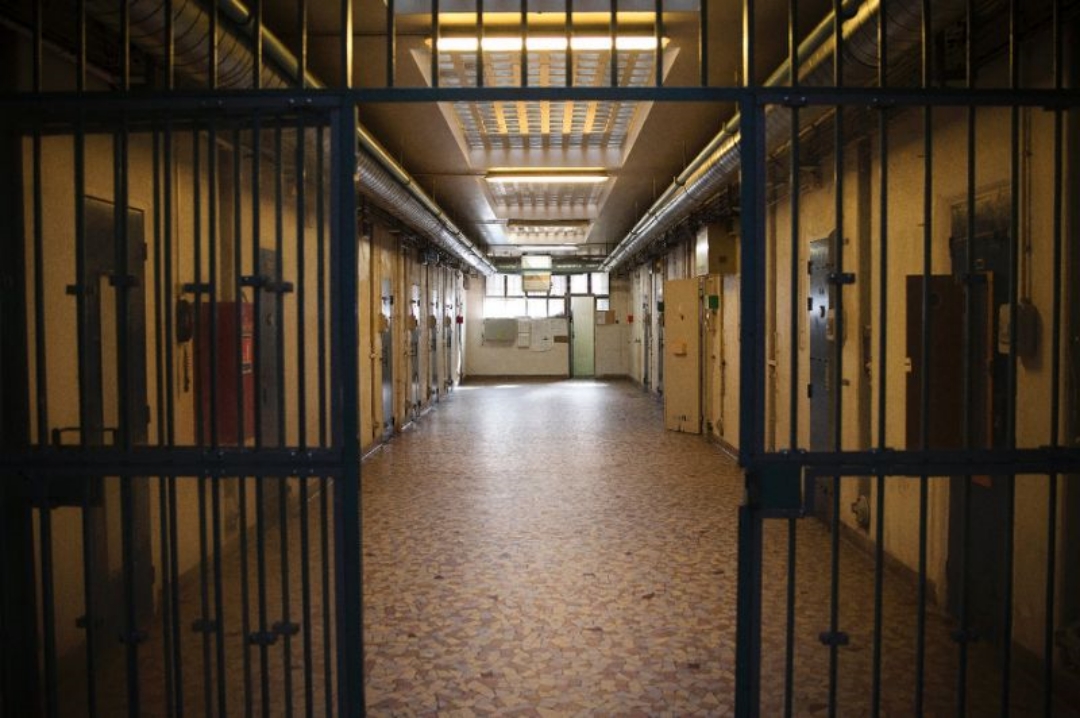ADVERTISE HERE

Baru Bian – Photo by Chimon Upon
KUCHING (Nov 21): Ba Kelalan assemblyman Baru Bian is deeply concerned about the amendments made by Clause 20 of the Electricity (Amendment) Bill to Section 27 of the Principal Ordinance, which arguably limits the obligation of a licensee to supply electricity to an applicant.
The amended Section 27 would mean that the licensee or electricity supplier or Sarawak Energy Bhd (SEB) is able to penalise land owners who are not at fault, and not the errant electricity consumer who may be an entity or a person distinct from the ownership of the premises.
“Specifically under the amended Section 27(3)(a)&(b), the licensee is not obligated to supply to the applicant if the applicant or the premises has been previously discontinued under Section 29 of the Principal Ordinance.
“Any money due and owed by the applicant to the licensee has not been fully paid,” he said in debating the Bill today.
Hence, he said legally, this would entitle SEB to withhold the supply of electricity for a new account in perpetuity until either the old account had been cleared by the errant account-holder, or the new account-holder was forced to settle the old bill in order to enable the account to be registered to the premises.
According to Baru, as a matter of comparison, the S.25 Electricity Supply Act 1990, also known as ‘the ESA’ or ‘Tenaga Nasional Bhd (TNB)’s Exception to the Duty to Supply, does not tie previous errant electricity accounts to affect the application of a subsequent electricity account-holder’s right to be supplied with electricity.
“In essence, there is no privity of contract between the earlier account-holder and the next. The ownership of the same land is not a nexus that extends the contractual matrix.
“Hence, it is worth asking whether or not it is prudent to allow this added exception to the duty to supply electricity.
“Section 8 of the Bill amends Section 4G of the Principal Ordinance to allow any person to develop, build and maintain a solar power installation with a generation capacity not exceeding 50 kilowatts for their own use.
“However, for installations with a generation capacity in excess of 50 kilowatts, a license is required,” he elaborated.
Baru then questioned the rationale behind the limit of 50 kilowatts, in which such a limit under the amendment Bill might be sufficient for the average households and some small farms, and thus, it could potentially restrict larger farms and other businesses with higher energy needs from being fully self-reliant on solar power.
“What studies or numbers was this figure based on? Will this 50-kilowatt limit be a hindrance to larger farms; the requirement to apply for a licence for generation of solar power in excess of 50 kilowatts, while understandable, should be made as simple as possible.
“This is so that homeowners will not be inconvenienced by or discouraged from installing solar energy systems due to confusing and/or prolonged red tapes.”
Moreover, Baru also said solar power would become an increasingly popular alternative or an important supplementation to grid electricity in the coming years.
“The generation of solar power is a positive step towards clean energy and should be promoted and incentivised by the government.
“It is yet another measure to push us towards net zero emission in 2050, which we are committed to achieving.”
In this regard, Baru expressed his hope that the minister responsible would seriously consider these issues that he had raised and make the necessary amendments in the near future.
“I view access to electricity as indeed a human right,” he added.









 English (US) ·
English (US) ·